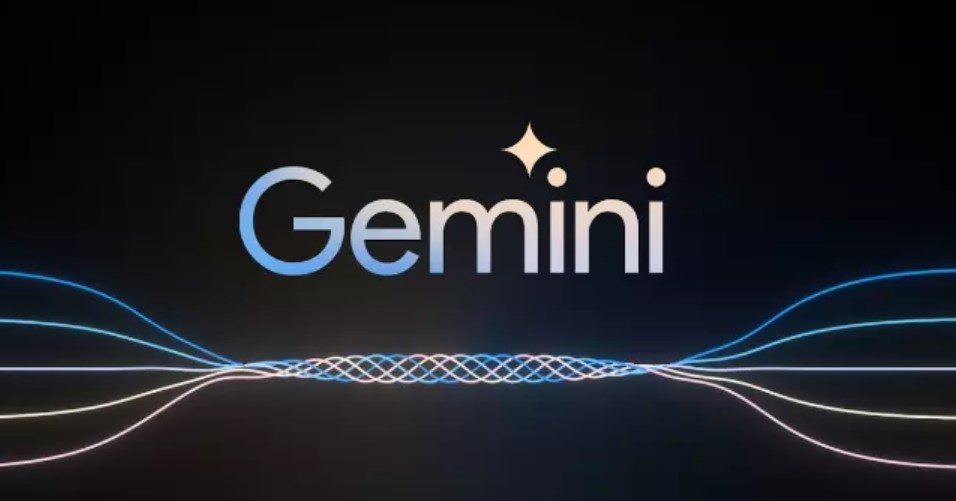In an era where artificial intelligence (AI) is reshaping the landscape of technology, Google has once again pushed the boundaries with the introduction of Gemini Nano, a cutting-edge AI model designed to enhance the capabilities of its latest smartphone, the Pixel 8. This innovative feature promises to bring a new level of intelligence and convenience to users, allowing for the processing of complex AI tasks directly on the device, bypassing the need for server-based computations.
The Dawn of On-Device Intelligence
The Gemini Nano AI model represents a significant leap forward in on-device processing. With the ability to handle intricate AI tasks locally, the Pixel 8 stands out as a pioneer in the smartphone industry. This advancement not only improves response times for AI-driven features but also enhances user privacy by minimizing data transmission to external servers.

The first paragraph introduces the core concept of Gemini Nano and its implications for AI processing on the Pixel 8. It sets the stage for the discussion on the benefits of on-device intelligence.
In the second paragraph, the focus shifts to the practical applications of Gemini Nano on the Pixel 8. Users can expect a suite of AI-powered features, including recording summaries and smart replies, which will streamline their interactions with the device.
The third paragraph delves into the technical aspects of Gemini Nano, highlighting the model’s compatibility with the Pixel 8’s hardware. Despite initial concerns about hardware limitations, Google’s rigorous testing and validation have ensured that the AI model functions seamlessly on the Pixel 8.
Bridging the Gap: Hardware and Software Synergy
The integration of Gemini Nano into the Pixel 8’s ecosystem is a testament to Google’s commitment to harmonizing hardware and software. By overcoming the challenges associated with hardware limitations, Google has set a new standard for AI capabilities in mainstream smartphones.
The first paragraph discusses the synergy between the Pixel 8’s hardware and the Gemini Nano AI model. This collaboration results in a robust platform for AI features that were previously exclusive to higher-end models.
In the second paragraph, the narrative explores the implications of this integration for the broader smartphone market. Google’s initiative paves the way for other manufacturers to follow suit, potentially leading to a widespread adoption of on-device AI processing.
The third paragraph contemplates the future possibilities that Gemini Nano opens up for the Pixel 8 and subsequent Google devices. With this development, Google not only enhances the current user experience but also lays the groundwork for future innovations.
A New Chapter in Smartphone Evolution
The arrival of Gemini Nano on the Pixel 8 marks a new chapter in the evolution of smartphones. As AI becomes increasingly integral to our daily lives, the ability to process these tasks on-device is a game-changer, offering users a glimpse into the future of personal technology.
The first paragraph celebrates the milestone achieved by Google with the roll-out of Gemini Nano on the Pixel 8. This achievement is not just a technical triumph but also a strategic move that positions Google at the forefront of the AI revolution in smartphones.
In the second paragraph, the focus is on the user experience. The on-device AI processing enabled by Gemini Nano translates into faster, more efficient, and more private interactions with the Pixel 8, setting a new benchmark for what users can expect from their smartphones.
The third paragraph looks ahead to the potential impact of Gemini Nano on the industry. As Google leads the charge, other tech giants are likely to follow, sparking a wave of innovation that could redefine the capabilities of smartphones.





















